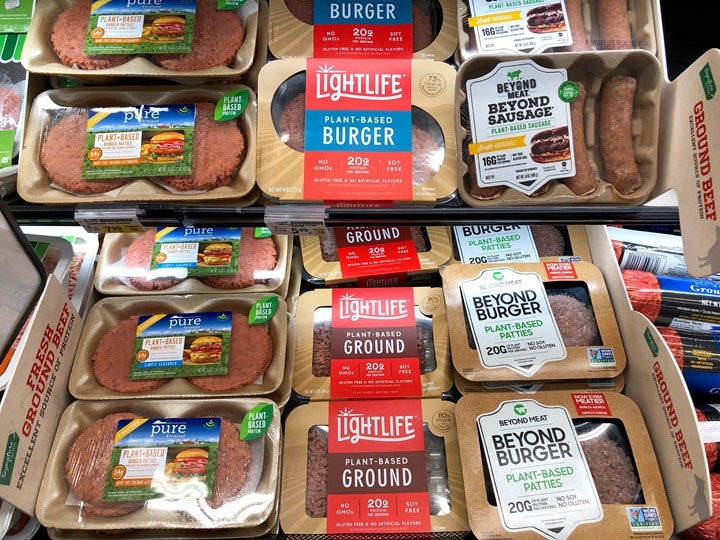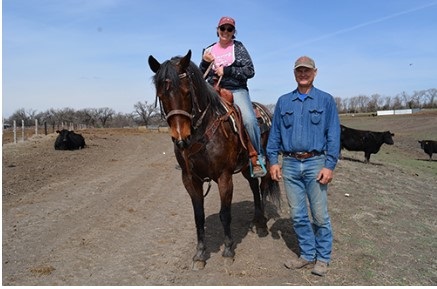WASHINGTON, D.C. – Continued efforts to insure correct labeling of alternative protein products in grocery stores is at the top of the list for some lawmakers.
U.S. Senator Deb Fischer (R-Neb.), a member of the Senate Agriculture Committee, recently reintroduced the Real Marketing Edible Artificials Truthfully (MEAT) Act to end deceptive labeling practices for alternative protein products. The Real MEAT Act would clarify the definition of beef and pork for labeling purposes by requiring alternative proteins to clearly display the word “imitation” on their packaging. The legislation would eliminate the consumer confusion that results from misbranding and ensure that the federal government is able to enforce labeling standards.
“It’s time to end the deceptive propaganda of plant-based protein products that deliberately confuse consumers by mimicking beef and pork. My Real MEAT Act will clarify that these imitation products aren’t held to the same food safety and labeling standards as real, nutritious beef and pork. Americans deserve to know what’s on their dinner plate, and my bill will bring certainty to the supermarket and end the smear campaign against real meats,” said Senator Fischer.
“What is on the label is what should be inside the package, every time,” said U.S. Cattlemen’s Association President Justin Tupper. “As new alternatives and substitutes are brought to market, it’s important that consumers remain confident in national food safety and labeling programs.”
Click here to read the text of the bill.
Background:
The Real MEAT Act would clarify the definition of beef and pork for labeling purposes, reinforce existing misbranding provisions to eliminate consumer confusion, and enhance the federal government’s ability to enforce labeling standards. The term “beef” is defined as the flesh of cattle and “beef product” as edible products produced in whole or in part from beef, exclusive of milk and milk products. The term “pork” is defined as the flesh of pigs and “pork product” as any food produced or processed in whole or in part from pork. The legislation defines the terms “meat,” “meat food product,” “meat byproducts,” and “meat broker” based on the definitions established in the code of federal regulations.
The bill would reinforce the Food, Drug, and Cosmetic Act’s (FDCA) misbranding provisions, stating that any imitation meat food product, beef or beef product, or pork or pork product is misbranded unless its label has the word “imitation” in the same size and prominence immediately before or after the name of the food. The imitation product must also include a statement clearly indicating that it is not derived from and does not contain meat.
Finally, the bill would require the Secretary of U.S. Health and Human Services to submit a notice within 60 days to the Secretary of the U.S. Department of Agriculture (USDA) if a product is misbranded. If the HHS Secretary failed to initiate an enforcement mechanism within 30 days of sending the notice, the USDA Secretary would be able to treat the product as being misbranded.












